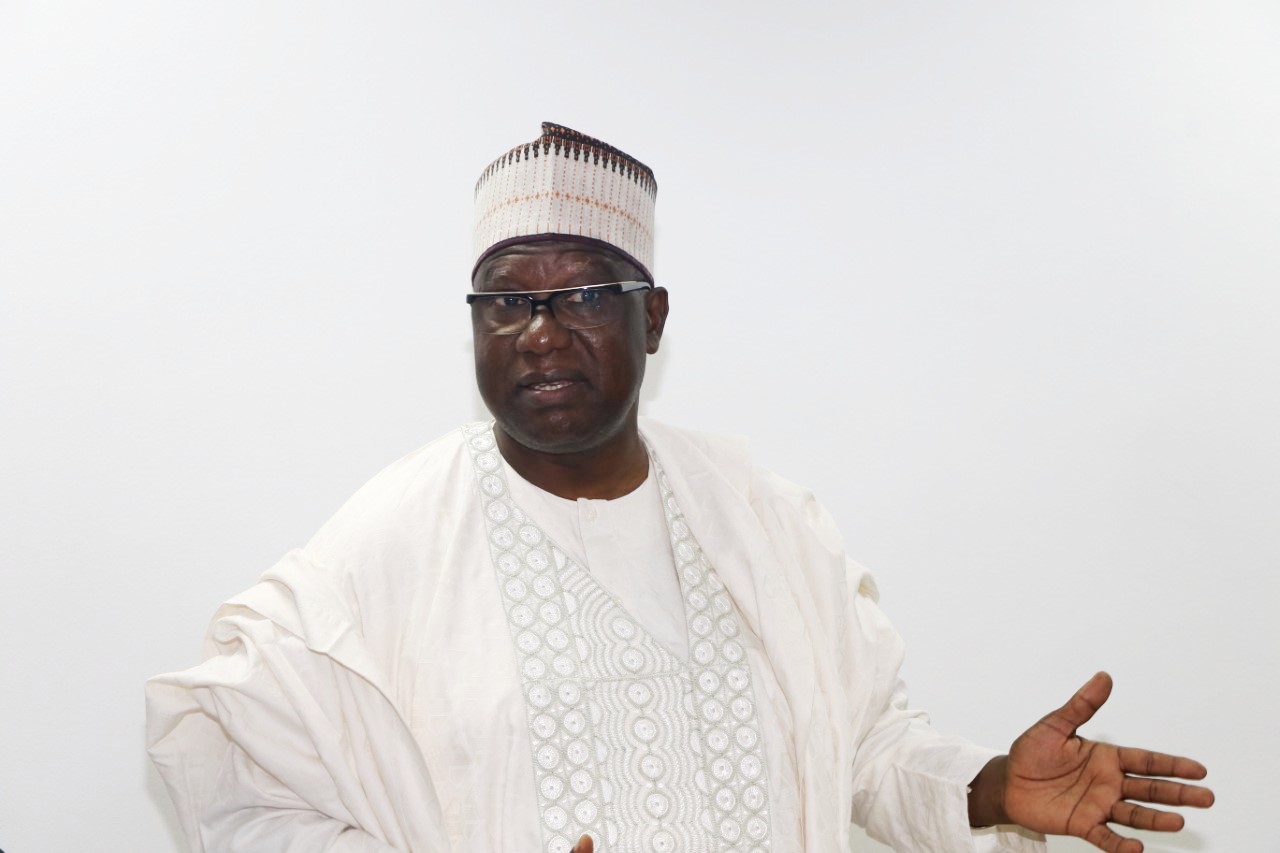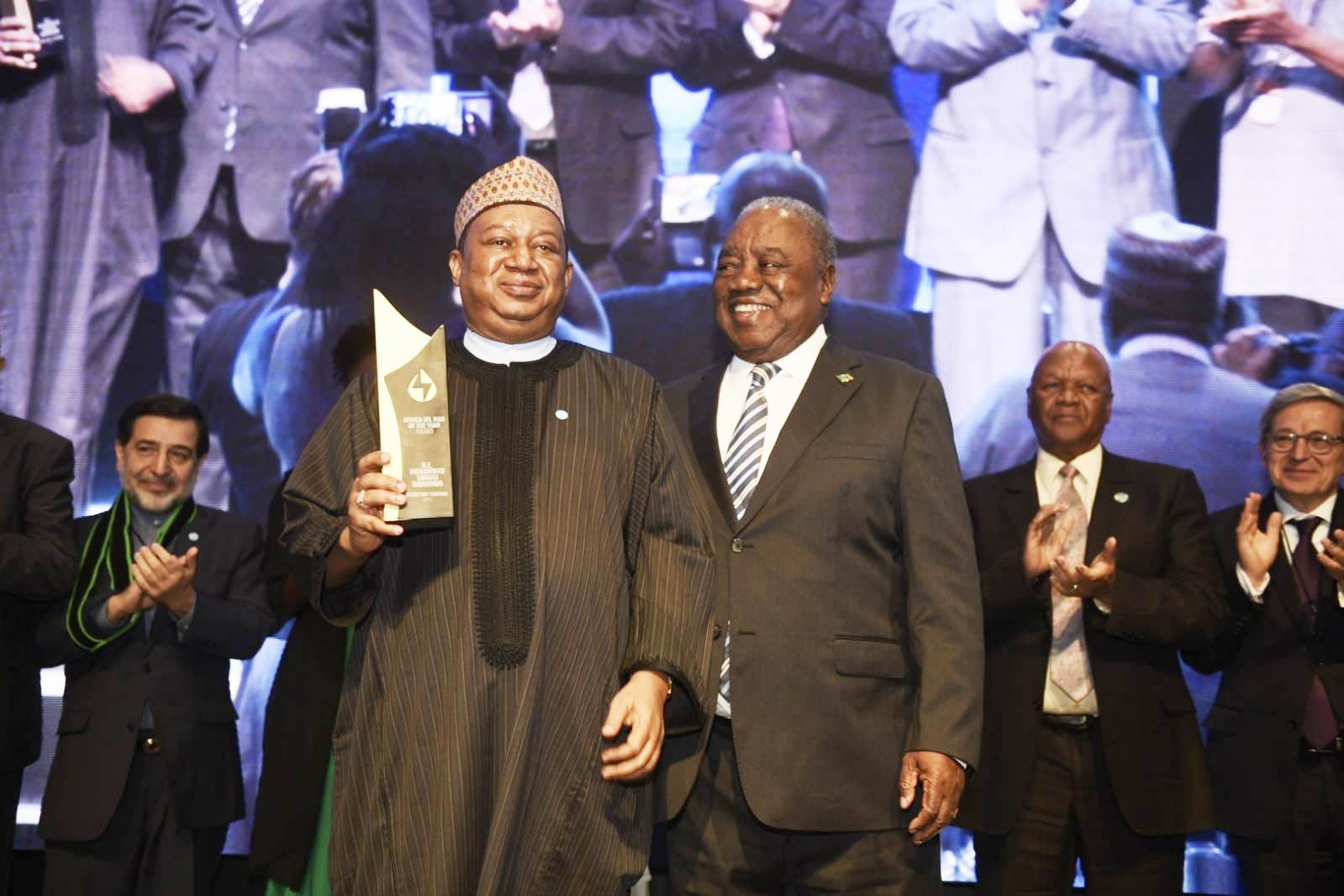The Federal Government Tuesday said it will flag off evaluation of all bids that met given terms and conditions for the taking over of all 178 gas flare sites in oil producing communities in Niger Delta for the gas commercialisation process.
The Chairman, Ministerial Steering Committee of the Nigeria Gas Flare Commercialisation Programme (NGFCP), who doubles as the Group Executive Director (GED), NNPC/Senior Technical Adviser – Refineries, Gas, Power and Downstream Infrastructure to the Minister of State for Petroleum Resources in Abuja, Engr. Rabiu I. Suleiman, made the revelation in a statement made available to Business Hilights.
He said the Proposal Evaluation Committee (PEC) and an Independent Observer Group (IOG), which had been appointed and inaugurated on the 11th April, 2019 by the Minister of State for Petroleum Resources, Dr. Emmanuel Ibe Kachikwu, “Shall evaluate the Statement of Qualification (SOQ) submitted by the Applicants to determine Qualified Applicant (QA) status in compliance with the design criteria of the Request for Qualification (RfQ), and also evaluate the Proposals submitted by QA to determine those Bidders that achieve Preferred Bidder (PB) and Reserved Bidders status from June for a period of four weeks.
Suleiman further noted that “The general public and all applicants will be advised thereafter on the names of the candidates adjudged successful who shall be invited to submit their proposal for flare gas utilisation through the Request for Proposals (RfP) phase of the NGFCP”.
“As you may recall, as part of the Federal Government of Nigeria’s (FGN) strategy to reposition the oil and gas industry, the Ministry of Petroleum Resources commenced the implementation of carefully conceived initiatives to foster efficiency and attract investments within the broad spectrum of the oil and gas value chain as embedded in the “7 Big Wins – Short and Medium Term priorities to grow Nigeria’s Oil and Gas industry” which was launched in October, 2016 by His Excellency, President Muhammad Buhari.

Continuing, he recalled that “A critical aspect of Big Win No3 (Gas Revolution) is the intention to drastically reduce gas flaring by harnessing otherwise flared gases to stimulate economic growth, drive investments and provide jobs in the Niger Delta through the utilisation of widely available innovative technologies. The policy on gas flaring is also encapsulated in the National Gas Policy approved by the Federal Executive Council in June 2017.
Business Hilights recalls further that key aspects of the National Gas Policy, according to the plans of the government include among other things to; take measures to ensure that flare capture and utilization projects are developed, and will work collaboratively with industry, development partners, providers of flare-capture technologies and third party investors; Open an industry consultation mechanism, as an important measure in ensuring flaring targets are feasible and regulations are realistic; Maximize utilization of associated gas to be treated for supply to power generation or industry, and Increase the gas flaring penalty to an appropriate level sufficient to de-incentivize the practice of gas flaring whilst introducing other measures to encourage efficient gas utilization.
The Steering Committee boss also disclosed that “The National Gas Policy commits to ending gas flaring, creating an enabling environment for investors, seeking value addition for gas, and improving governance in the sector”.
“The FGN will work to grant open access to all pipelines and other essential midstream infrastructure. With respect to pricing of gas for the domestic market, which is largely controlled by the FGN under a transitional pricing framework, the current framework will be retained for a limited period until a sufficient gas market is established. The policy objective is to move to market-led wholesale gas pricing without gas price regulation, except where there are natural monopolies.
“The FGN included gas flare reduction as a key national greenhouse gas emissions mitigation in its Nationally Determined Contributions (NDC) under the United Nations Framework Convention on Climate Change (UNFCCC).
“Premised on the foregoing, the policy position of His Excellency, President Muhammad Buhari is that gas flaring is totally unacceptable. In this regard, the FGN initiated a number of actions to reaffirm its commitment to ending the practice of gas flaring in our oil fields. Specifically, His Excellency, President Muhammad Buhari ratified the Paris Climate Change Agreement, and the FGN is a signatory to the Global Gas Flaring Partnership (GGFR) principles for global flare-out by 2030 whilst committing to a national flare-out target by year 2020.
“Furthermore, in recognition that flared gas could be harnessed to stimulate economic growth, drive investments and provide jobs in oil producing communities and indeed for Nigerians through the utilisation of widely available innovative technologies, the Federal Executive Council in June 2016, approved the Nigerian Gas Flare Commercialisation Programme (NGFCP). The programme was launched by the Honorable minister of state on December 13, 2016.
“The design of the NGFCP according to our development partners is an innovative, robust and scalable approach to gas flare reduction – a “game changer” (first of a kind) consistent with the climate change action plans anticipated in the Paris Climate Change Accords which could be replicable in many other gas flaring countries around the World with Nigeria setting the pace.
Please accept the assurances of the Honourable Minister of State’s best regards, Suleiman averred.









